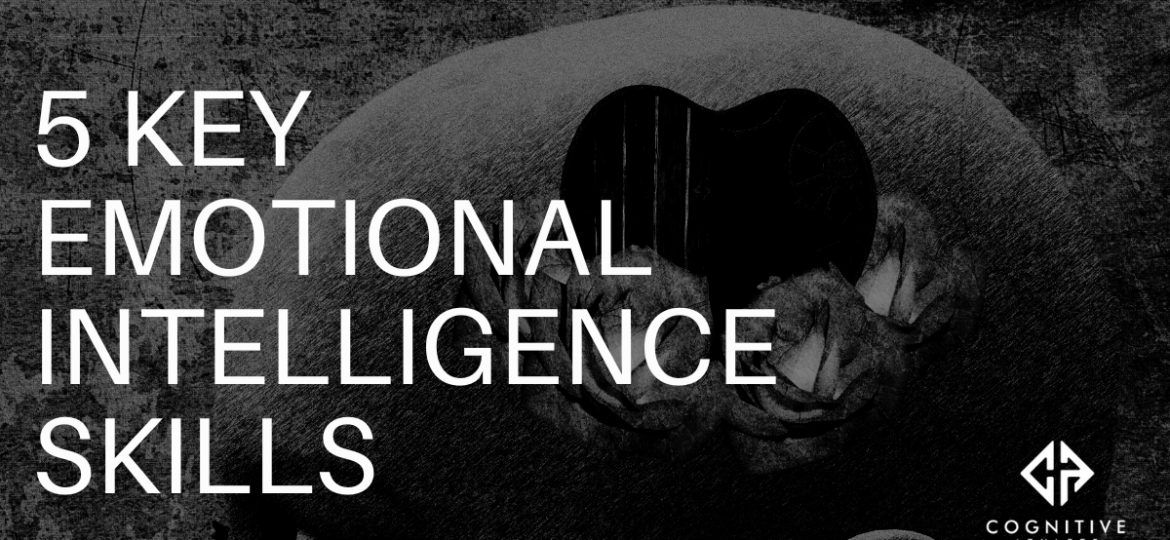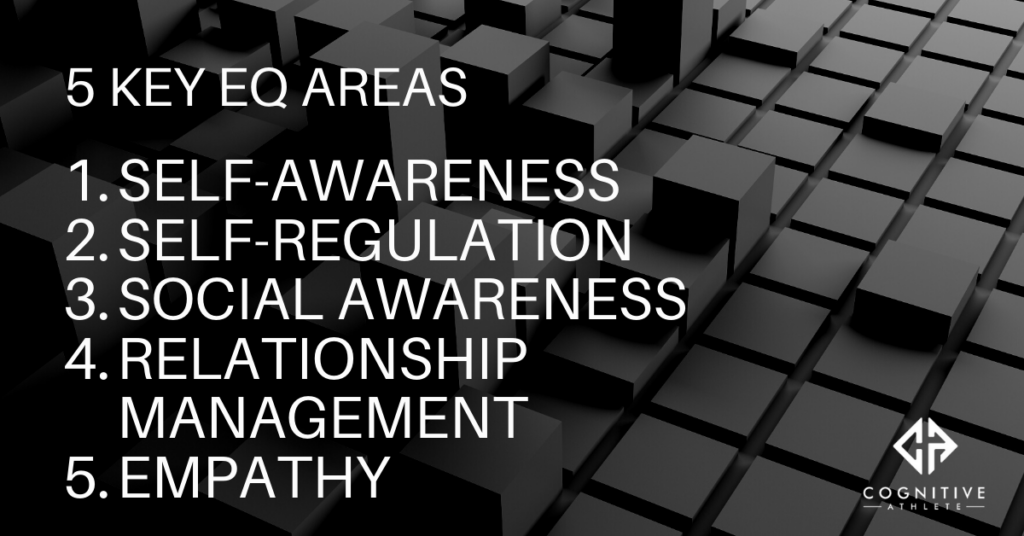
Emotional intelligence, also known as EI or EQ (emotional quotient), encompasses the capacity of an individual to perceive, interpret, demonstrate, control, evaluate, and utilise emotions effectively and constructively in communication and interpersonal relationships. The term was coined in 1990 in a research paper by two psychology professors, John D. Mayer of UNH and Peter Salovey of Yale.
Mayer defined it as:
From a scientific (rather than a popular) standpoint, emotional intelligence is the ability to accurately perceive your own and others’ emotions, to understand the signals that emotions send about relationships, and to manage your own and others’ emotions. It doesn’t necessarily include the qualities (like optimism, initiative, and self-confidence) that some popular definitions ascribe to it.
While expressing and managing emotions is crucial, understanding, interpreting, and responding to others’ emotions is equally important.
Some experts argue that emotional intelligence is even more significant than IQ for achieving success in life and that, unlike IQ, EQ can be developed and improved.
Indicators of Emotional Intelligence:
- Identifying and describing people’s emotions accurately.
- Recognising personal strengths and limitations.
- Possessing self-confidence and self-acceptance.
- Letting go of mistakes and learning from them.
- Embracing and adapting to change.
- Cultivating a strong sense of curiosity, especially about others.
- Demonstrating empathy and concern for others.
- Showing sensitivity to others’ feelings.
- Taking responsibility for one’s mistakes.
- Managing emotions effectively in challenging situations.
Measurement of Emotional Intelligence: Various assessments have been developed to measure emotional intelligence, categorised as self-report tests and ability tests.
- Self-report tests are commonly used due to their ease of administration and scoring. Respondents rate their own behaviours in response to questions or statements about emotions and related situations. Of course, self-reported tests come with some concerns but they can be great to open the door to learning new skills.
- Ability tests involve individuals responding to scenarios that evaluate their emotional skills. These tests often require individuals to demonstrate their abilities, which are then assessed by a third party.
Two measures that mental health professionals may employ when administering an emotional intelligence test are:
- Mayer-Salovey-Caruso Emotional Intelligence Test (MSCEIT): An ability-based test that assesses perception, identification, understanding, and management of emotions based on Mayer and Salovey’s EI model.
- Emotional and Social Competence Inventory (ESCI): Based on the Self-Assessment Questionnaire, it involves ratings by individuals who know the test subject, evaluating their emotional competencies. The ESCI aims to assess social and emotional abilities that contribute to strong leadership.
Additionally, there are numerous informal online resources available, many of which are free for exploring and enhancing emotional intelligence.
The Four Levels of Emotional Intelligence:
Researchers propose four levels or components of emotional intelligence:
- Perceiving emotions: Accurately recognising emotions, often involving nonverbal cues like body language and facial expressions.
- Reasoning with emotions: Utilising emotions to guide thinking and cognitive processes, as emotions influence attention and response priorities.
- Understanding emotions: Interpreting the meaning behind perceived emotions, considering the possible causes and implications of others’ emotional expressions.
- Managing emotions: Effectively regulating and responding to emotions, both in oneself and in others, encompassing emotional self-control and empathetic responses.
These components are arranged in a hierarchy, with basic processes at lower levels and more advanced processes at higher levels. Lower levels involve perceiving and expressing emotions, while higher levels require greater conscious involvement and the ability to regulate emotions.

5 Key Emotional Intelligence Skills:
- Self-awareness: Understanding and recognising one’s own emotions, motivations, and behaviours.
- Self-regulation: Managing and controlling one’s emotions, impulses, and reactions.
- Social awareness: Sensitivity to and understanding of other’s emotions, needs, and perspectives.
- Relationship management: Nurturing and maintaining healthy relationships, resolving conflicts, and communicating effectively.
- Empathy: The ability to understand and share the feelings of others, taking their perspectives into account.
Emotional intelligence plays a role in various aspects of daily life, such as:
- Thinking before reacting: Allowing emotions to settle before responding to highly charged situations promotes rational thinking.
- Greater self-awareness: Understanding the factors contributing to one’s emotions enhances self-reflection.
- Empathy for others: Considering others’ emotions and perspectives, aiding in understanding behaviour and fostering connection.
- Cognitive empathy vs emotional empathy: Differentiating between intellectually understanding others’ thoughts and feelings and experiencing the emotions alongside them.
Applying Emotional Intelligence:
Emotional intelligence can be employed in numerous ways in daily life. Examples include:
- Accepting criticism and responsibility gracefully.
- Learning from mistakes and moving forward.
- Assertively saying no when necessary.
- Sharing feelings with others.
- Problem-solving to find win-win solutions.
- Demonstrating empathy toward others.
- Developing active listening skills.
- Reflecting on personal motivations and behaviours.
- Avoiding judgmental attitudes toward others.
Emotional intelligence is vital for effective interpersonal communication, and some experts consider it more influential in determining life success than IQ alone.
Fortunately, there are strategies to strengthen social and emotional intelligence, leading to improved relationships, wellbeing, and communication skills.
Downsides of Emotional Intelligence:
Lower emotional intelligence skills can lead to difficulties in multiple areas of life, but exceptionally high emotional skills can also present challenges. Some examples include:
- Research suggests that highly emotionally intelligent individuals may be less creative and innovative.
- Difficulties in providing negative feedback due to concerns about hurting others’ feelings.
- The potential for manipulative and deceptive use of high emotional intelligence.
Improving Emotional Intelligence:
Although some people may naturally possess emotional skills, evidence suggests that it is an ability that can be developed and enhanced. For instance, emotional intelligence training in workplace settings has improved emotional abilities. Strategies for improving social and emotional skills include:
- Active listening: Paying attention to verbal and non-verbal cues to understand others’ emotions.
- Empathy: Practicing putting oneself in others’ shoes to grasp their perspective.
- Reflection: Examining how personal emotions influence decision-making and behaviour, considering the role of emotions in others’ responses.
Summary
Enhancing emotional intelligence can lead to better relationships with yourself and the people around you.
EQ with improve wellbeing and enhanced communication skills leading to enhanced performance as leaders in and out of the office.
Reach out and book a call if you found this interesting, book here.
Progress over perfection
Lee
